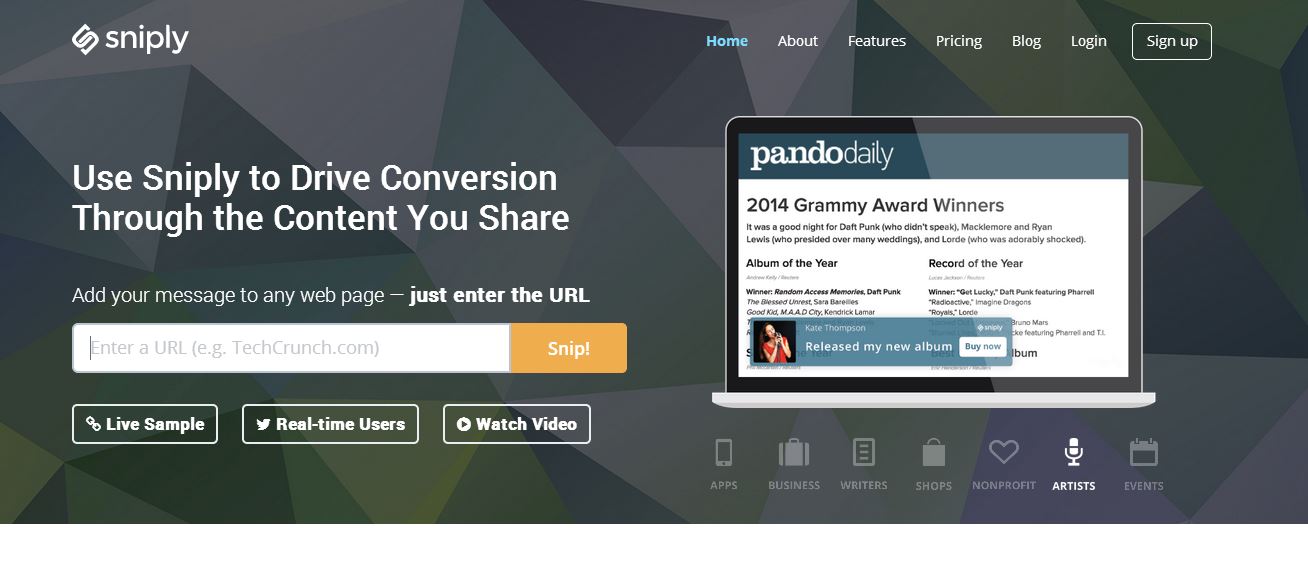“We always overestimate the change that will occur in the next two years and underestimate the change that will occur in the next 10. Don’t let yourself be lulled into inaction.”
– Bill Gates
The idea of a technology marketing platform for enterprises would not have made much sense about ten years ago, because why would a marketer need an integrated marketing technology platform in the first place? Today, the need and the reason are obvious. Digital marketing has made platform thinking an absolute necessity. The socially and tech empowered set define the brand conversation.
In many cases, tech marketing needs to be more ‘content’ then ‘advertising’, emphasis on the share-ability of the content. The entire user journey from awareness, engagement to adoption and advocacy has to be tracked and nurtured. And, all of the above needs detailed analytics so that it can be measured and optimized.
‘Big tech’ in its truest form is the stitching together of the many data points that exist in marketing to provide a more scientific view of a brand’s interactions with current and potential customers. Very much like the ERP (Enterprise Resource Planning) systems that link every business process throughout an enterprise.
What does a solution like this look like?
- The ability to manage profiles: Marketers need to build profiles of ALL their prospects and customers. The anonymous need to become known so that engagement can deepen and relationships can be built. The ability to manage thousands of profiles of people, who might one day be your customers, is fundamental.
- The ability to manage content: The volume and variety of content organisations need to deal with is exploding. Blog posts, catalogues, videos, web content, social, and the list goes on. This means a marketing asset infrastructure to house the burgeoning content volumes is an essential part of the puzzle.
- The ability to deliver across web and mobile devices: Cross device delivery is fundamental as users move from desktop to tablet to mobile and back. They expect their journey to continue seamlessly across these devices.
- Personalised delivery of messages: Relevance and context demand the ability to provide highly-customised messages to audiences segmented to a single individual if required.
- Predicative analytics: It is not enough to report on what has happened. The ultimate value lies in being able to predict what is going to happen, based on past behaviour and profiling.
Marketing with technology requires skilful precision to provide value to each of the brand’s customers. Not easy at all, but in another ten years, enterprises with tech marketing in place will most likely come up smiling.
From Kevin Lourens, Chief Growth Officer for NATIVE VML
Photocredit: Blinkjar Media


















